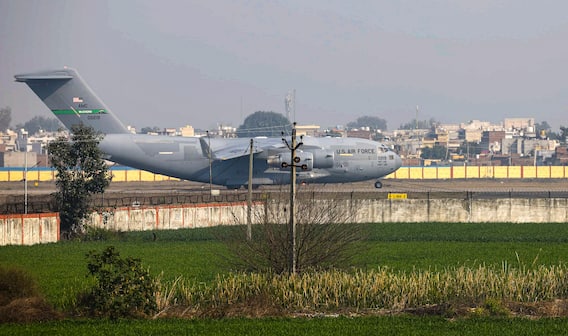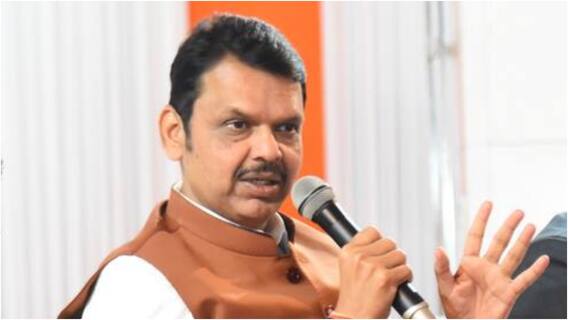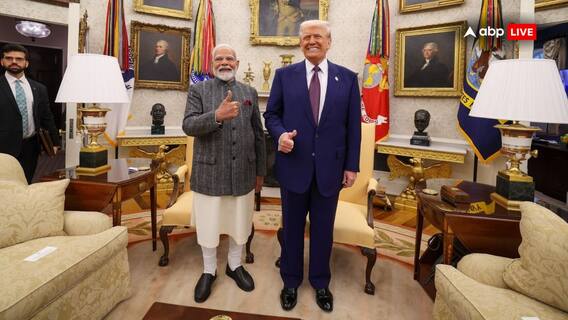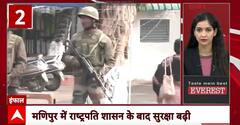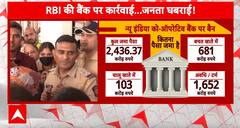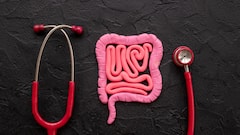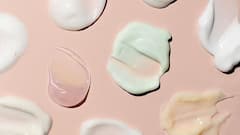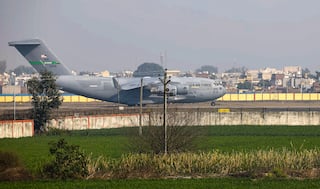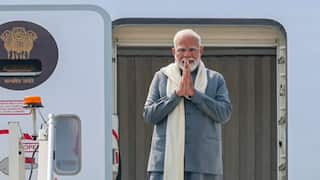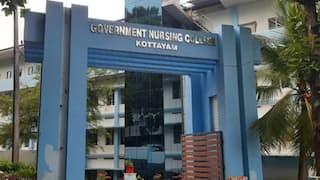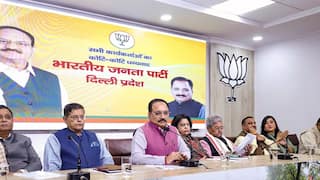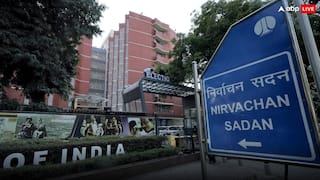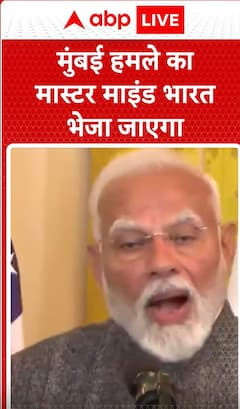Covid Lasts Longer In Polluted Air, Warns AIIMS Director As Delhi's AQI Worsens Post Diwali
Delhi-NCR was covered with thick fog this morning, thanks to burning of firecrackers on Diwali.

New Delhi: On the next day of Diwali, dense smog clouded many areas in Delhi NCR. Owing to the smog that covered the national capital largely due to the bursting of firecrackers on Diwali, breathing has become difficult for residents.
The smoke generated from firecrackers and stubble can worsen the situation of COVID-19. AIIMS Director Dr Randeep Guleria has said that studies indicate COVID-19 can last longer in polluted air.
"Research strongly indicates that COVID-19 can multiply and it's impact can increase in polluted air, which could increase spread and hospitalisations," Dr Guleria warned.
Pollution in Delhi-NCR was on the lower end for quite some time, but just like every year, stubble burning, firecrackers, other reasons have increased pollution in the state and the entire Indo-Gangetic belt. This has negatively impacted visibility and respiratory health.
Delhi-NCR was covered with thick fog this morning, thanks to burning of firecrackers on Diwali. This has caused eye-watering and sore throats among residents in many parts of the state. According to officials, smoke caused due to stubble burning done today could worsen the situation.
According to the Central Pollution Control Board (CBCB), the 24-hour average concentration of fine lung damage particles (PM2.5), increased to 410 micrograms per cubic metre, as per data at 9am today.
This figure is about seven times higher than the safe rate of 60 micrograms per cubic meter. At 6 pm on Thursday, this average concentration was 243 micrograms per cubic metre. On the other hand, the PM10 level crossed the 500 microgram per cubic metre mark at around 5am this morning and reached 511 micrograms per cubic metre by 9am.
Check out below Health Tools-
Calculate Your Body Mass Index ( BMI )
Trending News
Top Headlines











